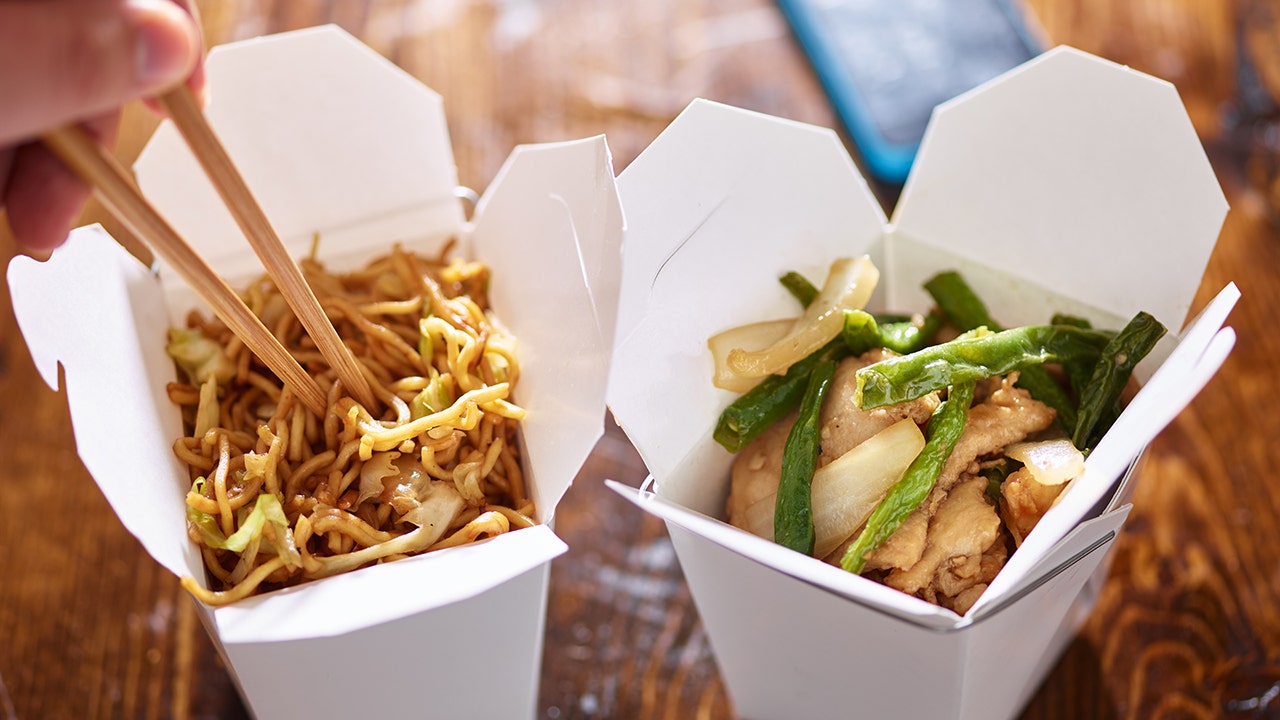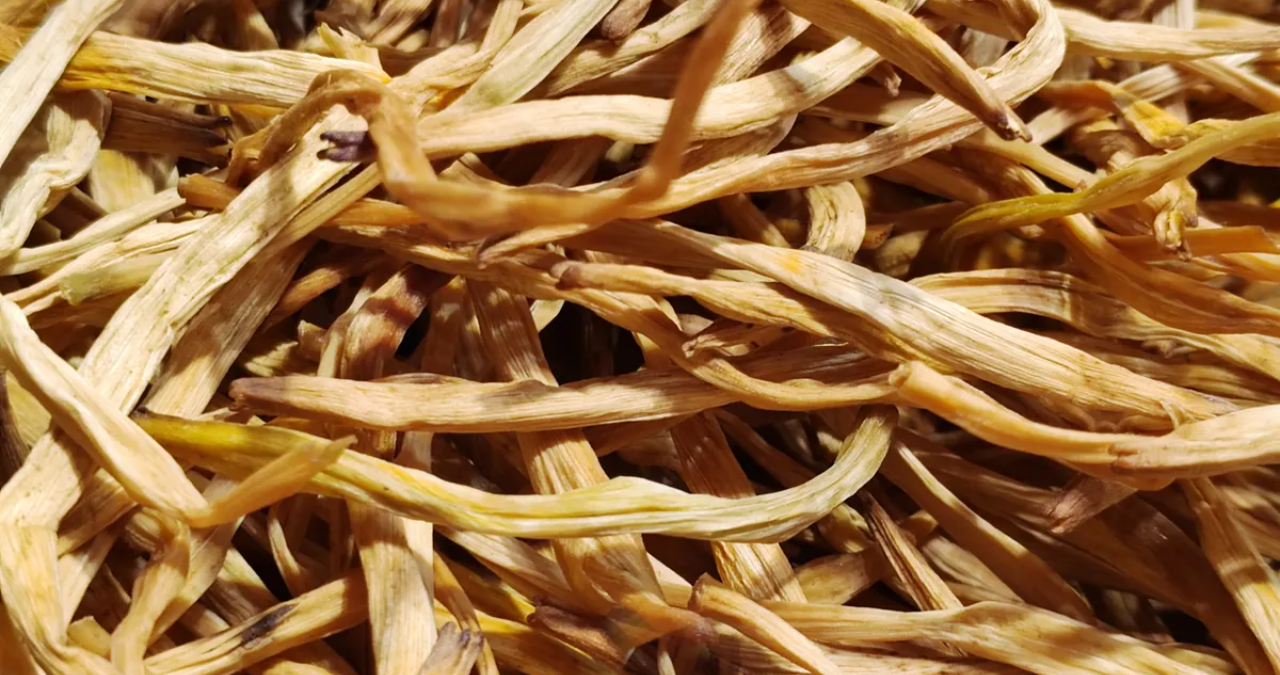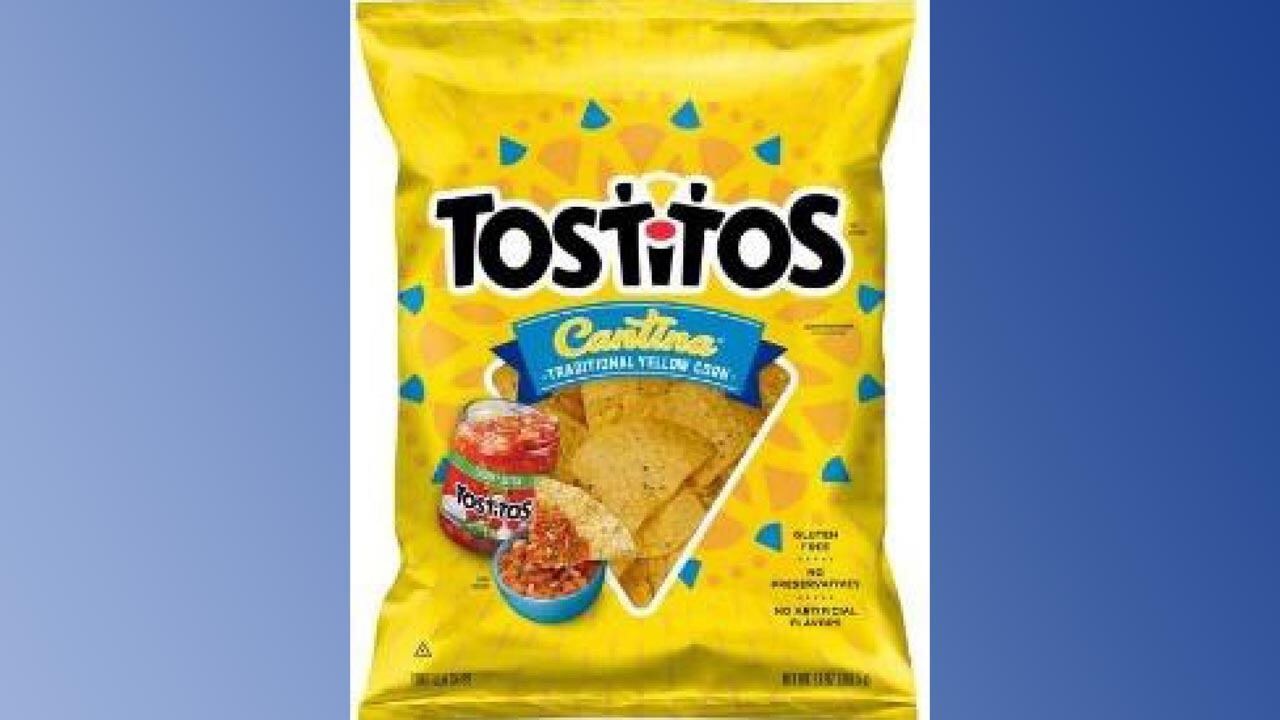Stay informed about the Joy Luck dried lily flowers recall. Learn what triggered it, health risks, what consumers should do, safe alternatives, and expert insights. Stay safe and informed with this complete guide.
The recall of Joy Luck dried lily flowers has become a hot topic in the food safety world, sparking concern among consumers who use this ingredient in traditional dishes. Whether you found the news on a label at the grocery store or read about it online, this recall has raised valid questions around food safety, contamination, and consumer rights. In this article, we will dig deep into the full scope of the Joy Luck dried lily flowers recall. We’ll explore why it happened, the health risks involved, what consumers should do, and how this impacts the broader food industry.
Stay with us as we provide clarity on this situation, grounded in facts and written in a tone that aims to inform and support you as a consumer.
Understanding the Joy Luck Brand and Its Role in Asian Cuisine
Joy Luck is a widely recognized brand, especially in the Asian food market. Known for its affordable and accessible dried goods, the brand is a go-to choice for many households looking for ingredients to recreate traditional recipes. One of the most popular items in its lineup is the dried lily flower, which is a staple in many Chinese and Southeast Asian dishes.
Dried lily flowers, sometimes referred to as “golden needles,” are used to add a unique flavor and texture to a variety of savory meals. They’re often soaked, chopped, and simmered into soups, stews, and stir-fry dishes. Their slightly sweet and earthy taste makes them stand out. Joy Luck dried lily flowers are especially favored for their price and convenience.
However, with popularity comes responsibility. And when something goes wrong—like in this case, a recall—it sends shockwaves through the community of consumers who rely on that product for their day-to-day cooking.
What Prompted the Joy Luck Dried Lily Flowers Recall?
The root cause of the Joy Luck dried lily flowers recall lies in potential contamination. According to reports, certain batches of these dried flowers may contain dangerous substances or microbial contaminants, including possible harmful bacteria or mold. In food products, this is a serious concern, particularly when it involves ingredients that are not always cooked thoroughly.
The recall was issued after routine testing revealed that some packages exceeded the acceptable safety limits. Regulatory authorities, such as the FDA and local health departments, were quick to issue alerts. The company, in turn, cooperated by initiating a voluntary recall. This proactive measure helps prevent the sale and consumption of the affected products.
Contamination like this can happen for several reasons, from improper drying techniques to poor storage and transportation conditions. While it might seem like a rare occurrence, it highlights the vulnerability in the food supply chain—even for products that have been trusted for years.
Health Risks Linked to Contaminated Dried Lily Flowers
Why is the Joy Luck dried lily flowers recall such a big deal? The answer lies in the health implications. Contaminated dried lily flowers can pose serious risks, especially to vulnerable populations like the elderly, young children, pregnant women, and individuals with weakened immune systems.
Potential contaminants can include harmful bacteria like Salmonella or Listeria. These pathogens can cause gastrointestinal distress, fever, vomiting, and in extreme cases, long-term complications or even death. Mycotoxins, which are toxins produced by mold, are another concern, especially in improperly dried or stored herbs and flowers. They can be invisible to the naked eye but have very real effects on human health.
The symptoms of consuming contaminated dried lily flowers may not always appear immediately. Sometimes, it can take hours or even days before a person starts to feel unwell, making it harder to link the symptoms to the food they consumed. That’s why recalls like this are critical. They serve as preventive action, protecting people before widespread illness can occur.
How to Identify the Recalled Products
If you have a pack of Joy Luck dried lily flowers in your pantry, your first step should be to check if it’s part of the recall. Start by examining the packaging closely. Key things to look for include the batch number, expiration date, and any identifiers listed in the recall notice.
Retailers are required to pull the affected products from their shelves, but that doesn’t always happen instantly. If you purchased the product recently, double-check with the store where you bought it. You can also visit the Joy Luck official website or the FDA’s recall database to cross-reference your purchase.
Look for public announcements and customer service lines specifically set up for handling recall-related queries. The company may also offer a refund or replacement for the affected items, so don’t hesitate to reach out. It’s better to be safe and cautious, especially when it comes to your health and well-being.
What Should Consumers Do Now?
If you find that you have a package of recalled Joy Luck dried lily flowers, the most important thing is not to consume it. Dispose of the product properly, ensuring that no one else in your household accidentally uses it. Wash your hands thoroughly after handling the package.
Next, keep the packaging or take a photo of it as proof of purchase. Many retailers and manufacturers will require this for processing refunds or replacements. If you’ve already consumed the product and are feeling unwell, contact a healthcare professional immediately and inform them of the situation. Providing them with detailed information can help in diagnosing and treating any potential illness.
Finally, stay informed. Sign up for food recall alerts from official health agencies. This way, you can act quickly the next time something like this occurs. Food safety is a shared responsibility, and being a proactive consumer plays a key role in the process.
The Bigger Picture: Food Recalls in the Modern World
The Joy Luck dried lily flowers recall isn’t an isolated incident. Food recalls are more common than most people realize. From leafy greens to frozen meals, the food industry sees numerous recalls each year, often tied to contamination, labeling errors, or undeclared allergens.
This recall serves as a reminder of the importance of regulation, routine testing, and traceability in our global food supply. The dried lily flower might seem like a small ingredient, but its safety impacts an entire dish—and by extension, the health of families.
As food distribution becomes more complex and international, vigilance is essential. Brands need to uphold strict quality control standards, and consumers need to remain aware of where their food is coming from and how it’s processed. Events like these encourage better practices across the board.
How Recalls Impact Consumer Trust and Brand Loyalty
A recall can shake a consumer’s trust. Joy Luck, like many brands before it, now faces the challenge of rebuilding confidence. People tend to remember negative experiences more vividly than positive ones, especially when it comes to food safety.
However, how a brand handles a recall says a lot about its values. Transparent communication, quick action, and visible commitment to resolving the issue can soften the blow and even enhance the brand’s reputation in the long term. Consumers appreciate honesty and responsibility.
On the flip side, ignoring the problem or minimizing its seriousness can lead to backlash and long-term damage. That’s why brands that openly address issues and engage with their customers tend to come out stronger. The Joy Luck dried lily flowers recall is a pivotal moment for the company to prove its dedication to quality and customer safety.
What Makes Dried Lily Flowers Special in Cooking?
Despite the recall, it’s worth acknowledging why dried lily flowers are such a cherished ingredient. Used for centuries in Asian cuisine, they are more than just a garnish. They offer texture, subtle flavor, and even nutritional benefits. Rich in fiber and antioxidants, they are often included in dishes not just for taste but also for their health-promoting properties.
Recipes like Hot and Sour Soup, Buddha’s Delight, and various regional stews often call for dried lily flowers. Their long shelf life and easy preparation have made them a pantry staple for home cooks and restaurant chefs alike. And when sourced and handled properly, they are perfectly safe to consume and enjoy.
The Joy Luck dried lily flowers recall doesn’t erase the cultural or culinary significance of this ingredient. Instead, it provides a pause for ensuring that the products we use are up to the standards we expect and deserve.
Alternatives to Joy Luck Dried Lily Flowers

While Joy Luck addresses the recall, consumers may look for alternative brands to fulfill their cooking needs. Fortunately, several other reputable brands offer dried lily flowers, often with stringent quality controls and certifications.
Some alternatives include:
| Brand Name | Quality Assurance | Availability |
|---|---|---|
| Double Happiness | Organic-certified | Widely sold |
| Red Dragon Herbs | Small-batch dried | Online stores |
| Golden Harvest | FDA-compliant | Asian markets |
When switching brands, look for indicators like third-party testing, manufacturing dates, and verified reviews. Don’t hesitate to ask your local grocer about the safety practices they require from their suppliers.
Cooking with confidence means knowing that the ingredients you use are safe, clean, and handled with care. It might take a little more effort, but it’s absolutely worth it.
Frequently Asked Questions (FAQs)
Q: What is the reason behind the Joy Luck dried lily flowers recall? A: The recall was issued due to potential contamination that could pose health risks, including bacterial or mold-related issues.
Q: How do I know if my product is affected? A: Check the batch number and expiration date listed on the packaging. Visit the official Joy Luck or FDA website for detailed recall information.
Q: Can I get a refund for my recalled dried lily flowers? A: Most likely, yes. Keep your packaging or take a photo, and contact the store or Joy Luck’s customer service to initiate a refund or replacement.
Q: Are dried lily flowers safe to eat in general? A: Absolutely. When sourced and processed correctly, dried lily flowers are a safe and nutritious ingredient widely used in Asian cooking.
Q: What symptoms should I watch for if I consumed the recalled product? A: Watch for symptoms such as nausea, vomiting, diarrhea, abdominal pain, or fever. Contact a healthcare provider if any symptoms appear.
Q: How can I stay updated on food recalls in the future? A: You can subscribe to food safety alerts from organizations like the FDA, USDA, or your local health department.
Q: Will Joy Luck products be safe to buy in the future? A: Likely, yes. Most brands take extra precautions after a recall to ensure better safety and quality controls moving forward.
Conclusion: Moving Forward After the Joy Luck Dried Lily Flowers Recall
While the Joy Luck dried lily flowers recall may have caused concern, it also shines a spotlight on the importance of food safety. The recall is a necessary step in protecting public health and maintaining trust in the food supply.
Whether you continue using Joy Luck products in the future or explore alternative brands, the key takeaway is awareness. Read labels, stay informed, and know that your voice as a consumer matters. Food should nourish, not endanger. This event serves as a wake-up call to prioritize transparency, regulation, and integrity in everything we consume.




